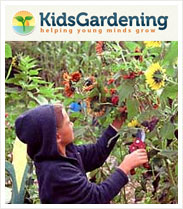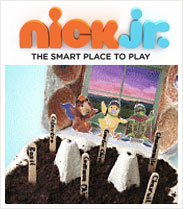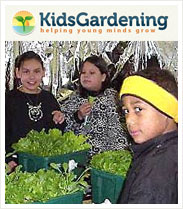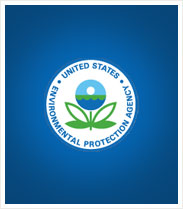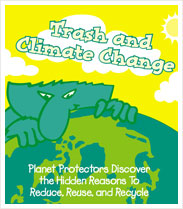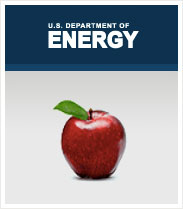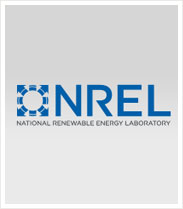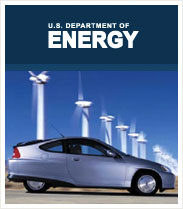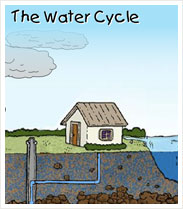
FOR MORE RESOURCES


for relevant articles, books and more activities
for living a green lifestyle.
CLASSROOM RESOURCES
Bringing The Garden To The Classroom (National Gardening Association)
Looking for ways to incorporate the garden into your curriculum? This site provides
excellent hands-on lessons and activities to engage children in gardening.
Creating Herb Gardens (National Gardening Association)
Herbs arouse kids’ curiosity and interest because they thoroughly engage the senses.
What better motivator for student investigations than plants that feel cool, smell great,
and can turn mere tomatoes into pizza sauce?
Wonder Pets Egg Carton Herb Garden Activity (Nick Jr.)
Kids turn egg cartons into pretty gardens. Each egg cell is used for soil and seeds.
Exploring How To Teach Hydroponics (National Gardening Association)
This guide features a synthesis of information from hydroponics experts and teachers
who have explored hydroponics with children in the classroom. It presents basic how-to
information, suggestions for helping students discover concepts through investigations,
plans for simple hydroponics setups, and stories from classrooms where students and
teachers have investigated this growing technique.
How to Manage Waste at School (Environmental Protection Agency)
Each year, Americans generate millions of tons of waste in our homes, schools,
businesses and communities. The EPA is challenging all citizens to conserve our
natural resources by committing to reduce, reuse, and recycle at home, in your
community, and at the office. Help children learn what they can do to at
school make a difference.
Trash and Climate Change Activity Book (Environtmental Protection Agency)
This publication is designed to educate children about the effects of product reuse
and recycling on global climate change. Through a series of word games, the publication
describes how children can prevent climate change by reducing solid waste.
Energy Education (US Dept. of Energy)
Teach your students the importance of green energy while enhancing your curriculum.
Renewable Energy (The National Renewable Energy Laboratory)
The National Renewable Energy Laboratory (NREL) is the only national laboratory solely
dedicated to advancing renewable energy and energy efficiency technologies from concept
to commercial application. The NREL provides a variety of educational resources to help
teachers and parents educate their kids about renewable energy and energy efficiency
technologies, including hands-on projects and curriculum suggestions for elementary,
middle, and high school students.
Alternative Fuels Used in Transportation (US Dept. of Energy)
Gasoline is the most commonly used fuel for transportation; however, there are multiple
alternative fuels that are making their way to the market. These alternative fuels include
propane, natural gas, electric hybrids, hydrogen fuel cells, and bio-diesel. Students may
have heard of some of these alternative fuels, but may not understand how and why
these fuels are better than ordinary gasoline.
Understanding the Water Cycle (Environtmental Protection Agency)
A flash-animated activity that lets children control the water cycle
as they learn how it works.

